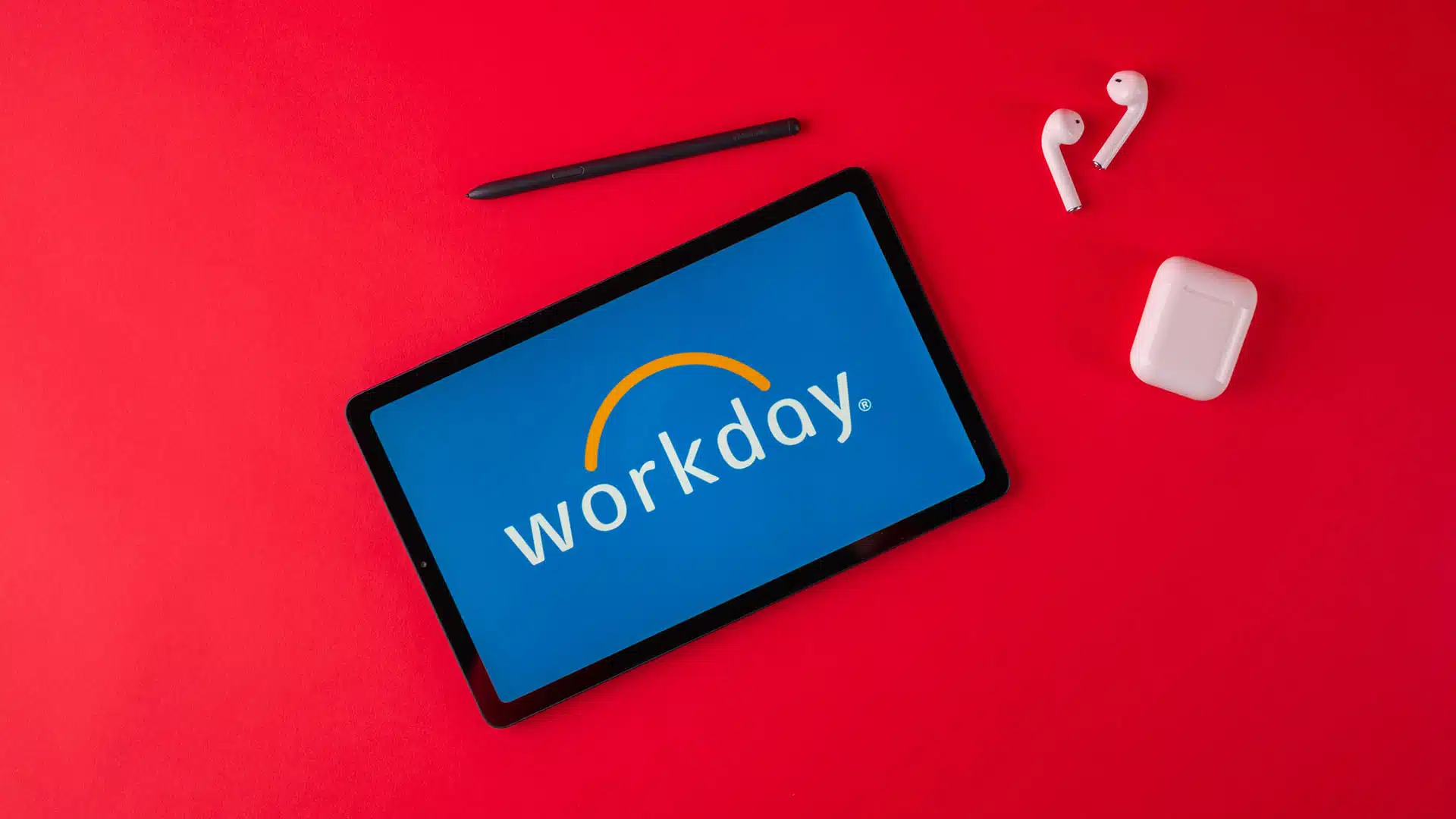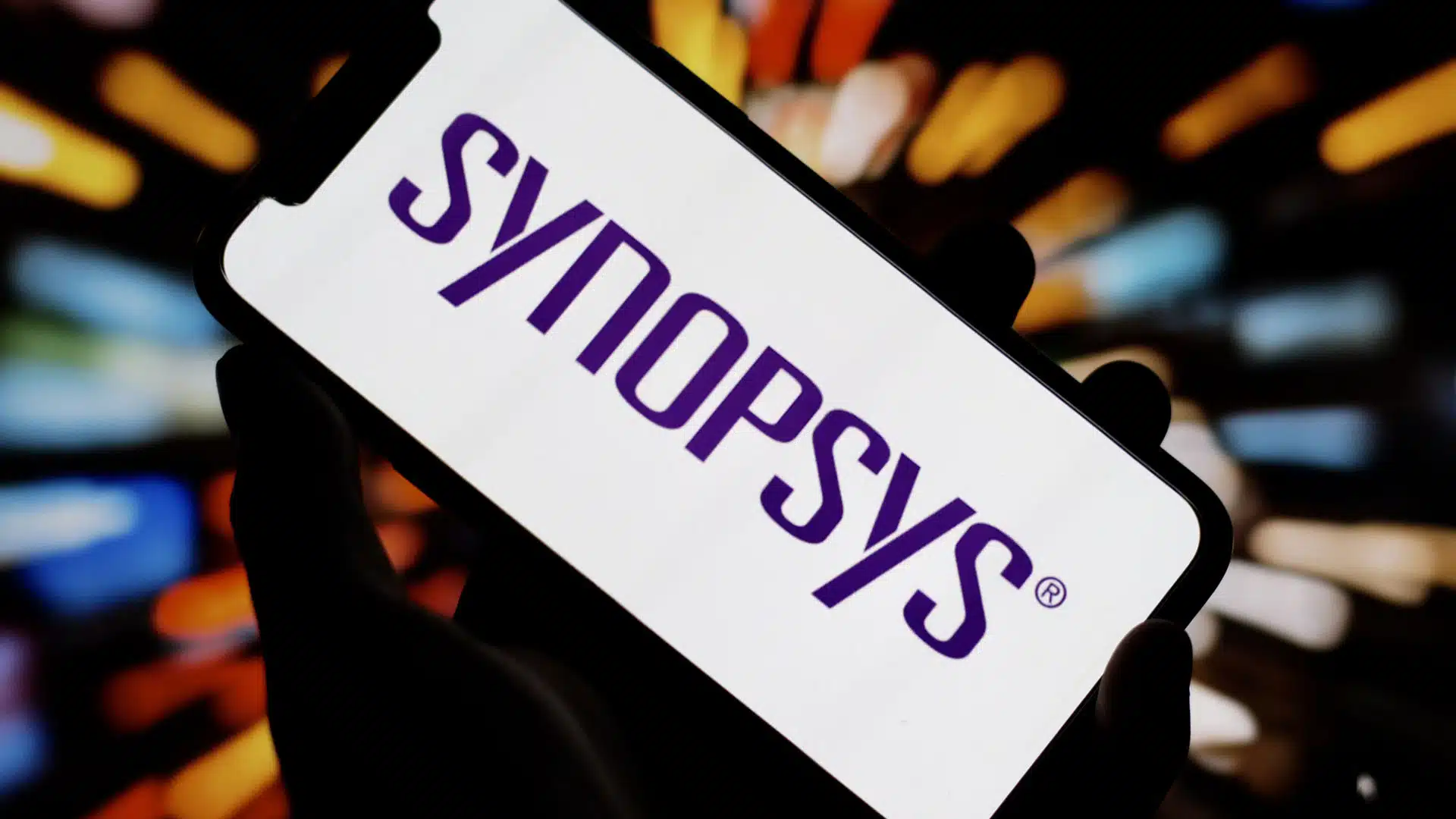A virtual queue management system introduced at Ikea stores in Saudi Arabia and Bahrain is proving successful in enabling customers to have a more satisfying shopping experience, while also eliminating potential friction and frustration traditionally associated with service delays. Ikea’s partnership with Ombori Grid, a technology solutions innovator with verifiable queue management success, is recounted in the online article, “How Did Ikea Improve Customer Experience by Going Paperless?,” dated August 26 in CEOWORLD magazine.
Working together, Ikea and Ombori Grid sought to enable customers of the Swedish conglomerate to schedule their design consultations and customer service requests more easily via their smartphones. The idea behind using smartphones as a scheduling device was to ease the bottlenecks that occurred at the Ikea design consultation desk, where shoppers often encountered delays when trying to secure a few minutes with the often-harried in-house design consultant. Because of the delays, customers became impatient and frustrated, resulting in a negative CX.
Introducing the new queuing solution with Ombori elevated both the physical and digital experiences of Ikea customers in Saudi Arabia and Bahrain, said Rami Rahani, country CX manager for Ikea in the two countries. “The solution has not only allowed Ikea customers to have better accessibility and convenience to book and engage with our co-workers both virtually and physically, but it has also granted the needed visibility that helped us diffuse potential frictions that our customers might encounter while planning and shopping at our stores,” he added.
The new virtual queue management system provides Ikea with three advantages. First, it shows Ikea’s willingness to adopt new technology to solve operational problems. The new system also makes it easier for customers to reach Ikea’s checkout stations, enabling cashiers to complete a larger number of sales transactions, resulting in additional revenue for the store. Finally, the system’s reliance on customer smartphones to schedule consultations paved the way for the banishment of paper tickets—originally the means by which Ikea customers obtained their scheduled slots. The shift to a paperless system aligns with Ikea’s dedication to sustainability in the company’s operations.
The new system is also proving helpful to Ikea employees. With customer appointments now flowing at a predictable pace, employees are able to optimize services without feeling pressured. Moreover, with the clusters of customers that used to throng the service desk already a thing of the past, employee productivity has increased, especially among Ikea staff who stock shelves or work in sales. Lastly, with employees using the new technology, workers can attend to higher-level concerns instead of spending inordinate amounts of time on the relatively low-value task of managing customer traffic flow.
With the Ikea queue management system deemed a success in Saudi Arabia and Bahrain, the mechanism will be integrated gradually into other Ikea stores in the region, CEOWORLD magazine said in its article.
Author Information
Alex is responsible for writing about trends and changes that are impacting the customer experience market. He had served as Principal Editor at Village Intelligence, a Los Angeles-based consultancy on technology impacting healthcare and healthcare-related industries. Alex was also Associate Director for Content Management at Omdia and Informa Tech, where he produced white papers, executive summaries, market insights, blogs, and other key content assets. His areas of coverage spanned the sectors grouped under the technology vertical, including semiconductors, smart technologies, enterprise & IT, media, displays, mobile, power, healthcare, China research, industrial and IoT, automotive, and transformative technologies.
At IHS Markit, he was Managing Editor of the company’s flagship IHS Quarterly, covering aerospace & defense, economics & country risk, chemicals, oil & gas, and other IHS verticals. He was Principal Editor of analyst output at iSuppli Corp. and Managing Editor of Market Watch, a fortnightly newsletter highlighting significant analyst report findings for pitching to the media. He started his career in writing as an Editor-Reporter for The Associated Press.








